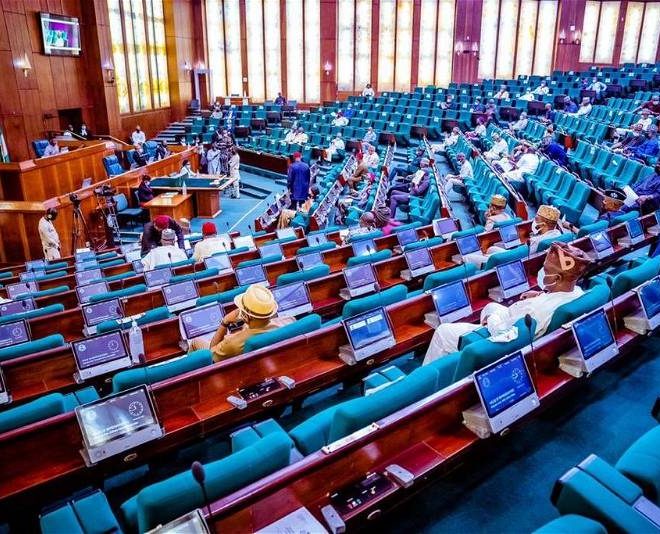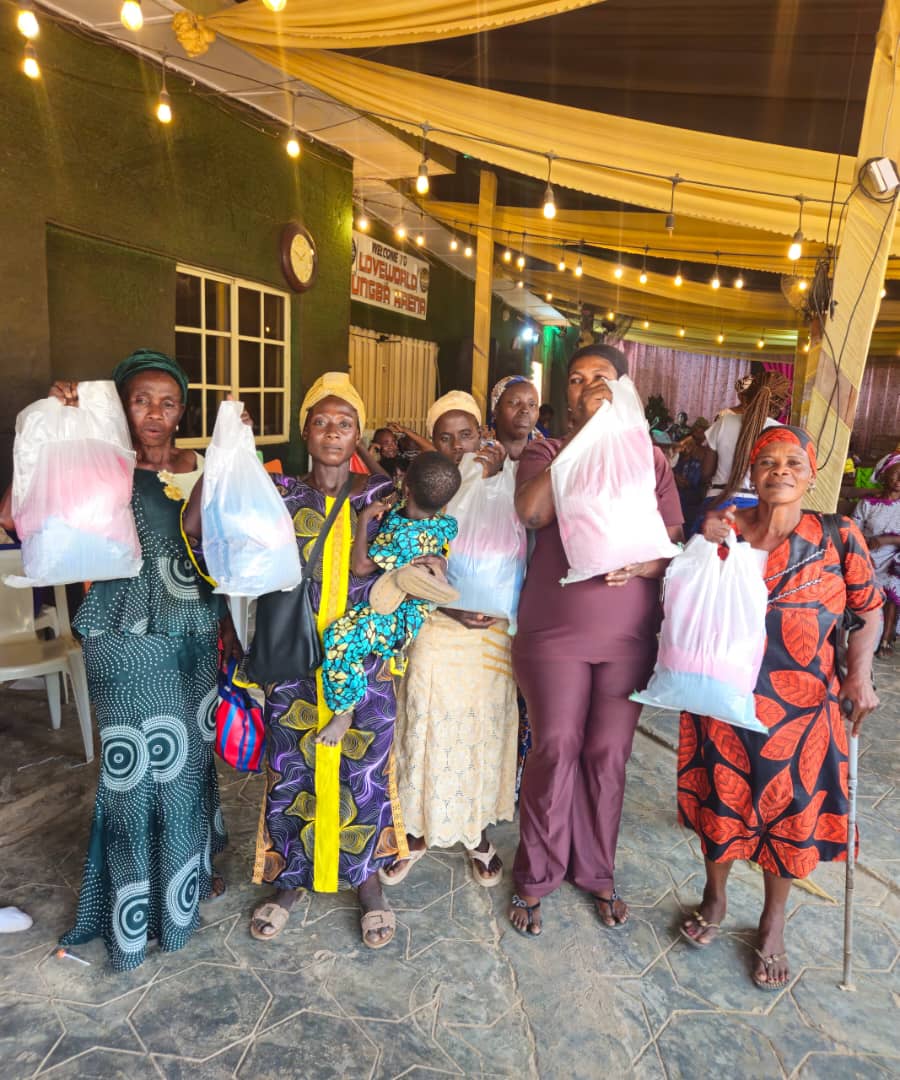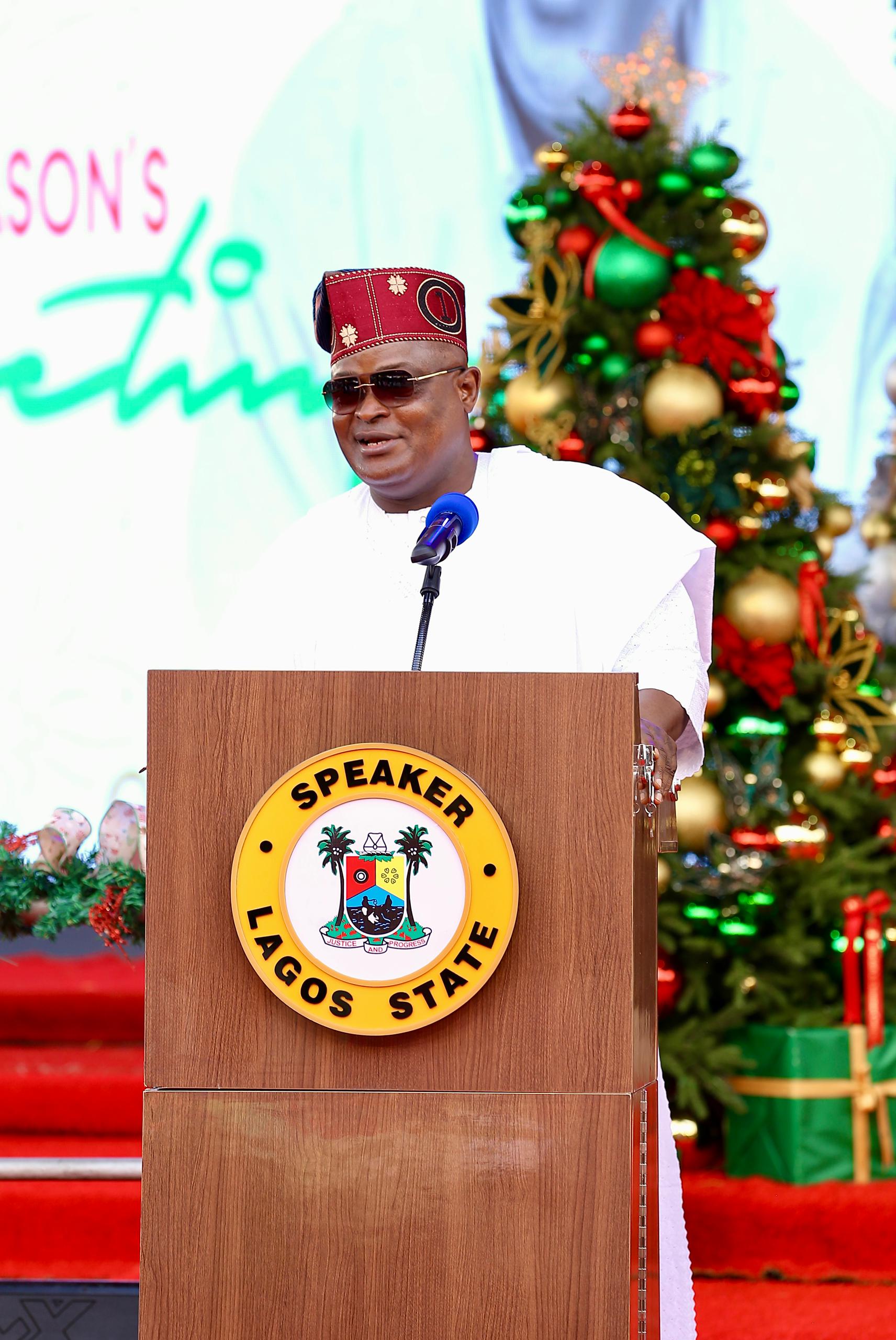National Integrated Rural Development Bill aims to reduce poverty, create jobs and improve rural livelihoods through sustainable community development
National Integrated Rural Development Bill is at the centre of Nigeria’s renewed push to tackle poverty and promote sustainable growth in its agrarian communities.
Also read: Reps probe excessive tax deductions, bank charges
The House of Representatives is considering the legislation, which seeks to improve livelihoods and create structured employment opportunities for millions of rural Nigerians.
Sponsored by Marcus Onobun, who represents Esan Central/Esan West/Igueben Federal Constituency in Edo State, the National Integrated Rural Development Bill, 2025 has scaled first reading and now awaits debate on its general principles in the Green Chamber.
A copy of the proposed bill outlines a bold framework for change, including a daily wage of ₦3,500 for rural adults engaged in community development projects.
Each household that volunteers for unskilled manual work will be guaranteed a minimum of 100 days of employment annually, with one-third of these jobs reserved for women.
The bill also seeks to establish a new body—the National Integrated Rural Development Agency (NIRDA)—to coordinate ministries, monitor development programmes and promote technological innovation in rural projects.
It further provides that all revenues generated by the agency will be exempt from income tax, and contributions to its fund will be tax-deductible, an incentive designed to attract both public and private sector participation.
In an interview, Hon. Onobun described the proposal as “a transformative legal framework to drive sustainable rural development through coordinated national action.”
He emphasised that the initiative will reduce poverty, boost agricultural productivity, and enhance access to education, healthcare and social services in underserved communities.
Under the draft law, the agency will be governed by a council chaired by a presidential appointee recommended by the Minister of Agriculture and Food Security.
The National Integrated Rural Development Bill comes at a crucial moment for Nigeria. Despite its abundant resources, nearly half of the nation’s 200 million citizens still live in rural areas where poverty and deprivation are widespread.
The National Bureau of Statistics (NBS) and United Nations Development Programme (UNDP) reported in 2024 that 63% of Nigerians—about 133 million people—are multidimensionally poor, with the highest concentration in the northern and Middle Belt regions.
For decades, the neglect of rural communities has been a defining feature of Nigeria’s socio-economic imbalance.
Historical policies favoured urban centres, leaving rural dwellers trapped in cycles of poor infrastructure, low productivity, and limited access to basic amenities.
Agriculture, which employs roughly 70% of the rural population, remains largely subsistence-based and vulnerable to climate change, desertification and flooding.
Also read: Reps move to sanction 13 oil firms over $456m debt
The proposed legislation, with its focus on employment, inclusivity, and innovation, offers a powerful opportunity to reverse decades of rural neglect and spark a new era of shared prosperity.
























